Neat Video vs Topaz Video AI: Which One Truly Enhances Your Footage?
With more creators and video editors focusing on ultra-clear visuals and smooth playback, the demand for advanced video enhancement tools has soared. Two of the most powerful names in this field: Neat Video and Topaz Video AI are often pitted against each other. But when it comes to Topaz Video Enhance AI vs Neat Video, which software truly brings out the best in your footage?
In this guide, we'll walk you through a detailed comparison: features, pros & cons, speed, AI power, and a head-to-head breakdown of Topaz Video AI vs Neat Video. We'll also introduce a third player, HitPaw VikPea, which offers a more user-friendly AI solution.
Part 1. Overview of Neat Video: Key Features, Pros and Cons
Neat Video is a dedicated video noise reduction plugin trusted by professionals for its precision in cleaning up video noise and grain. It's designed specifically for editors who require high-quality output from noisy footage, including clips shot in low light, old footage, or high ISO environments. In the Neat Video vs Topaz Video AI debate, Neat Video excels when it comes to targeted noise removal with exceptional detail preservation.
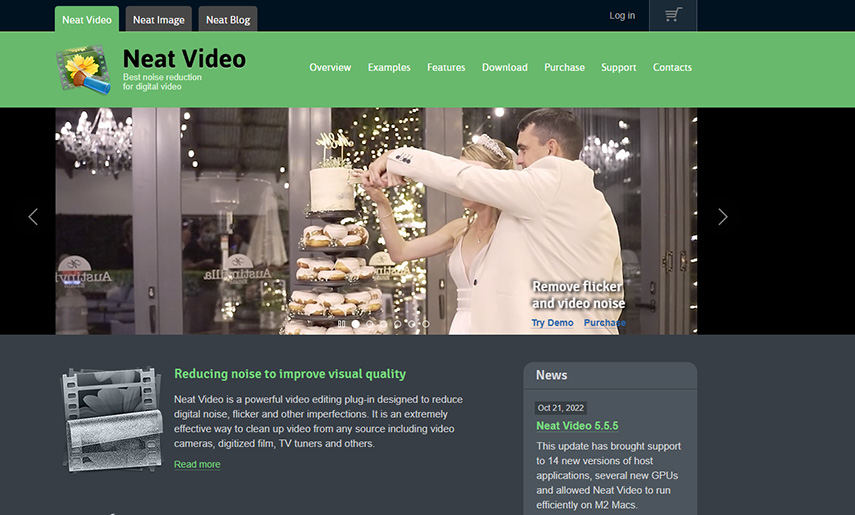
Key Features of Neat Video Noise Reduction
Neat Video uses advanced algorithms to differentiate between visual noise and actual detail. It utilizes temporal and spatial filters, giving users more control and customization in video enhancement.
- Powerful noise reduction for high ISO, low-light footage
- Temporal filter compares consecutive frames for smarter noise reduction
- Spatial filter works frame-by-frame to detect and reduce noise
- Dust & Scratches repair removes spots, dust, and imperfections
- Reduces flickers in slow shutter speed or night footage
- Removes jitter from moving objects and video compression artifacts
- Smart sharpening enhances details while preserving noise balance
- Customizable filter settings allow full control over enhancements
- Multiple preview modes for real-time adjustments and comparisons
- Supports GPU acceleration and multi-core CPUs for fast processing
- Extensive compatibility with most video editors and file types
Pros and Cons of Neat Video Noise Reduction
Pros
- High-precision noise reduction with full filter control
- Compatible with major editing software and formats
- Preserves details while reducing heavy noise
- Supports previewing edits before final rendering
- Offers presets for quicker filter application
- Fast rendering with GPU and multi-core CPU
Cons
- Steep learning curve for beginners
- Interface may feel outdated for new users
- Limited enhancement tools beyond denoising
- Slower rendering without powerful hardware
- No AI-based features for smart restoration
- No built-in upscaling or frame interpolation
Part 2. Overview of Topaz Video AI: Key Features, Pros and Cons
Topaz Video AI (formerly Topaz Video Enhance AI) has taken video enhancement to the next level with its AI-powered capabilities. Unlike traditional tools like Neat Video, Topaz uses deep learning to upscale, denoise, stabilize, and restore your footage. Whether you're working with old film, SD clips, or shaky camera footage, Topaz offers a complete restoration toolkit. In the Neat Video vs Topaz battle, Topaz wins on versatility and enhancement.
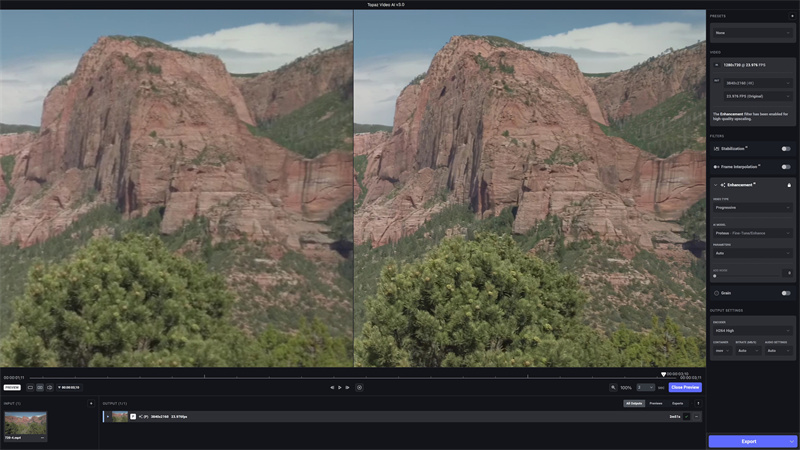
Key Features of Topaz Video Enhance AI
Topaz Video AI brings cutting-edge deep learning technology to the table, offering more than just denoising. Here are its top quality-enhancing features:
- Upscale videos to 1080p, 4K, 8K, or even 16K
- Convert standard SDR videos to HDR10 or Dolby Vision
- Denoise videos using AI to retain maximum details
- Stabilize shaky footage to create smoother visuals
- Deinterlace older interlaced formats for clarity
- Interpolate frames to generate smooth 16x slow motion
- Restore facial details using AI-powered face recovery
- Reduce motion blur from shaky hands or fast movements
- Add film grain to replicate natural cinematic aesthetics
Pros and Cons of Topaz Video AI
Pros
- AI-powered enhancements for professional-looking results
- Standalone app with intuitive user interface
- Suitable for upscaling old or low-quality footage
- Comprehensive toolset beyond just denoising
- Supports high-resolution output like 16K
- Regular updates with improved AI models
Cons
- High system requirements for optimal performance
- Slower processing on lower-end devices
- More expensive than many competitors
- Requires internet for model downloads
- Might over-process if settings aren't fine-tuned
- No plugin support for direct NLE integration
Part 3. Neat Video vs Topaz Video AI: Basic Information Comparison Sheet
Here's a side-by-side comparison table to evaluate Neat Video vs Topaz Video AI on critical factors:
Feature
Neat Video
Topaz Video AI
AI Technology
No AI, algorithm-based
Deep learning-based AI models
Ease of Use
Manual controls, pro interface
Beginner-friendly with auto modes
Processing Speed
Fast with GPU
Slower on non-GPU setups
Pricing
$74.90 (per platform)
$299 (lifetime license)
Compatibility
Adobe, Final Cut, Resolve, etc
Windows and macOS standalone
System Requirements
Medium to low
High (needs powerful GPU)
Best For
Targeted noise reduction
Full video enhancement/restoration
Real-Time Preview
Yes
Limited preview in some features
Video Formats
AVI, MOV, MPEG, etc.
MP4, MOV, AVI, etc.
AI Upscaling
Not available
Supports up to 16K
This side-by-side look at Topaz Video Enhance AI vs Neat Video makes it easier to choose the right tool for your specific needs - whether it's pro-level denoising or AI-driven enhancement.
Part 4. Best Video Enhancer Software: HitPaw VikPea
If you're looking for an all-in-one AI video enhancement tool that's beginner-friendly yet powerful, HitPaw VikPea offers a perfect alternative to both Neat Video and Topaz Video AI. It supports automatic enhancement using AI models, fast processing, and a wide range of input/output formats. Whether you want to upscale, restore, or denoise, this tool requires minimal effort with excellent results. From old home videos to social media clips, HitPaw VikPea helps you upscale and clean footage in just a few clicks.
- Supports multiple AI models for various types of video enhancement
- AI-enhanced upscaling supports 2K, 4K, and 8K resolutions
- Upscales blurry face videos using an advanced face model
- Denoises and restores old animated or real-scene videos
- Real-time preview with before-and-after comparison window
- Provides high compatibility with multiple video formats
- Batch video processing for quicker editing workflows
Step 1:Download and install HitPaw VikPea. Import your video using drag-and-drop or the "Choose File" option.

Step 2:Choose the appropriate AI model such as general, animation, face and more based on your footage type.

Step 3:Click "Preview" to review enhancements. Once satisfied, click "Export" to save the final video.

Conclusion
Both Neat Video vs Topaz Video AI have strengths depending on your workflow and requirements. If you prefer deep customization within your editing software, Neat Video is excellent for targeted noise reduction. On the other hand, Topaz Video AI offers powerful upscaling and enhancement features driven by AI, making it ideal for transformative upgrades.
If you're looking for an easier yet effective option, HitPaw VikPea blends AI precision with simplicity, making it a compelling solution whether you're working on a cinematic project or reviving old home videos.








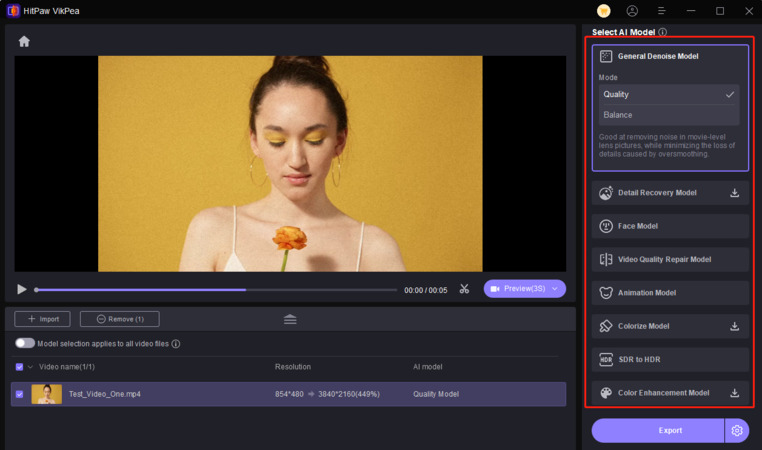
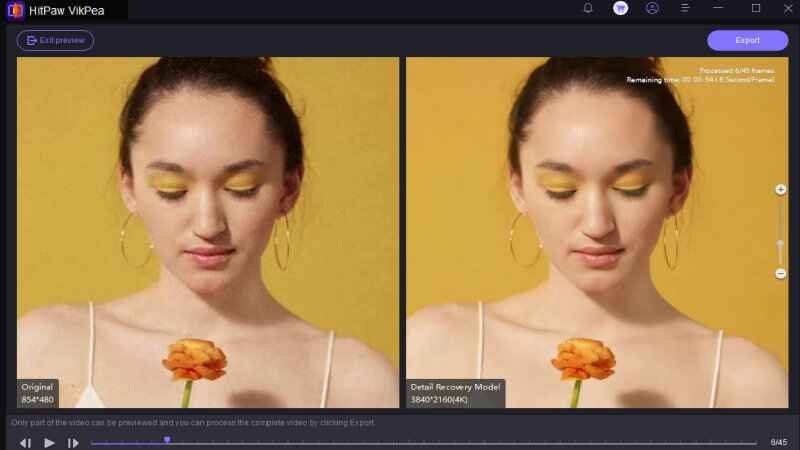
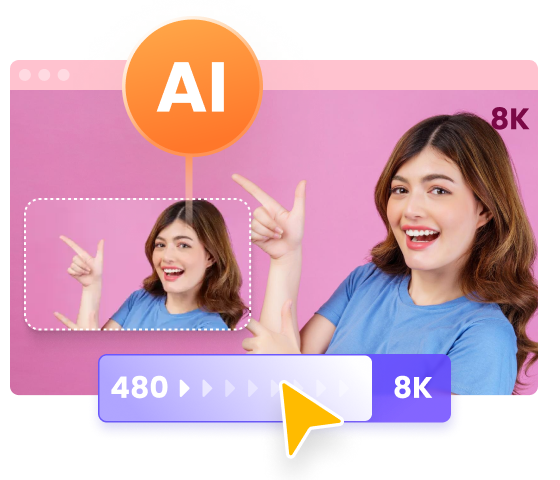
 HitPaw Univd (Video Converter)
HitPaw Univd (Video Converter)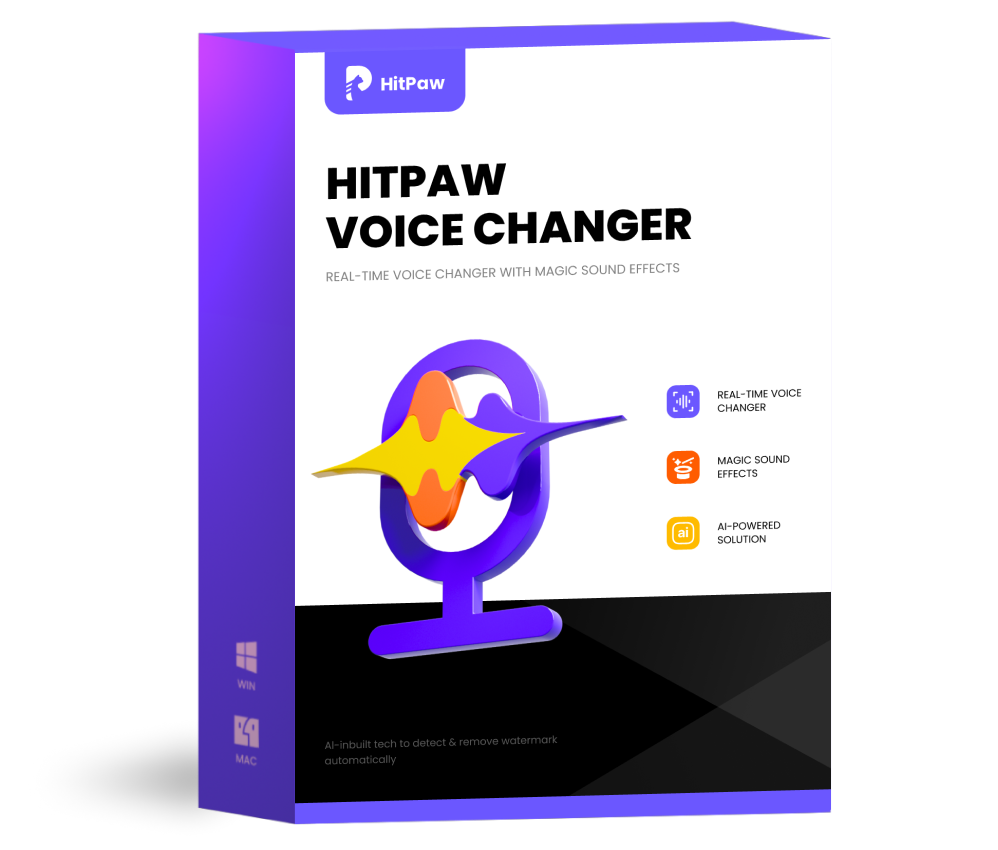 HitPaw VoicePea
HitPaw VoicePea 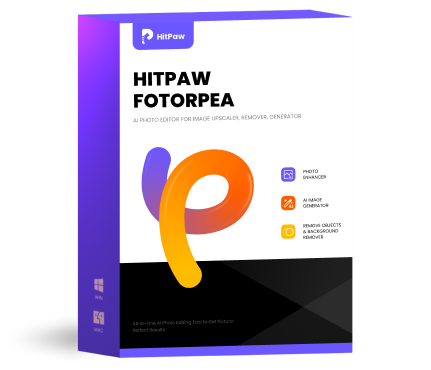 HitPaw FotorPea
HitPaw FotorPea
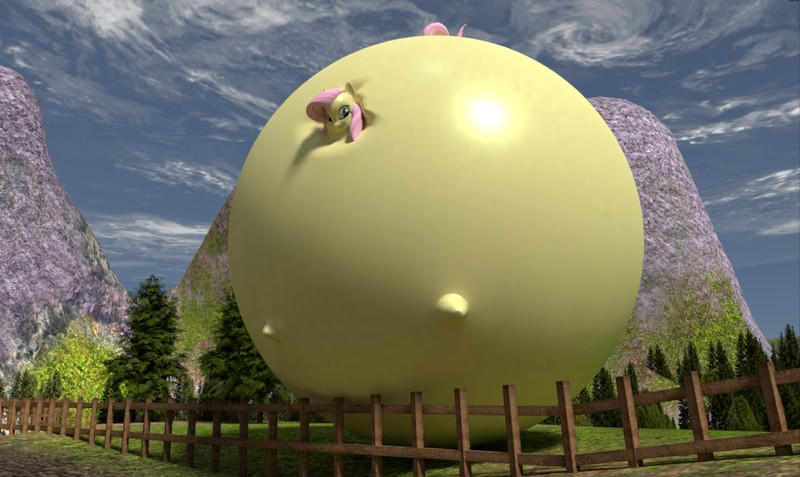


Share this article:
Select the product rating:
Daniel Walker
Editor-in-Chief
This post was written by Editor Daniel Walker whose passion lies in bridging the gap between cutting-edge technology and everyday creativity. The content he created inspires the audience to embrace digital tools confidently.
View all ArticlesLeave a Comment
Create your review for HitPaw articles